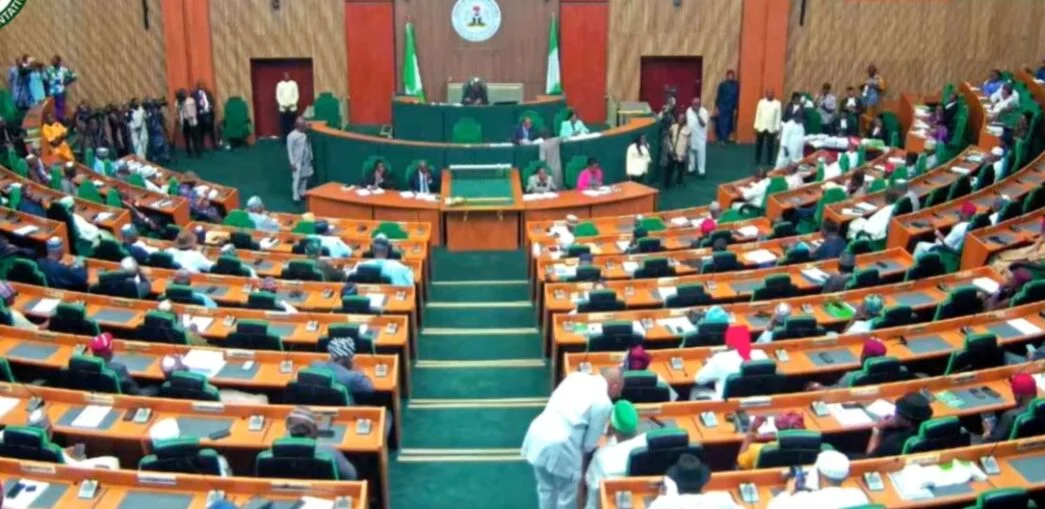776
By Tracy Moses
The House of Representatives has expressed deep concern over overlapping regulatory powers, procedural loopholes, and rising investor anxiety surrounding the implementation of the Federal Competition and Consumer Protection Commission (FCCPC) Digital, Electronic, Online, or Non-Traditional Consumer Lending Regulations 2025.
The resolution followed the adoption of a motion of urgent public importance sponsored on Tuesday by Hon. Nnamdi Ezechi, who represents Ndokwa/Ukwuani Federal Constituency of Delta State. He warned that unless urgent steps are taken to clarify the existing regulatory landscape, the country risks undermining one of its fastest-growing financial technology sectors.
“The digital lending industry has become a major driver of financial inclusion, innovation, and economic growth,” Ezechi said. “However, the current regulatory confusion is creating unnecessary friction. If we do not act now, we risk pushing investors away, stifling innovation, and eroding public confidence in this critical sector.”
The lawmaker explained that while the FCCPC regulations were designed to curb predatory lending practices and improve transparency in Nigeria’s digital credit space, their implementation has been marred by jurisdictional conflicts and inconsistent directives from various regulatory bodies.
“Instead of providing clarity and consumer protection, we are now dealing with a situation where multiple agencies are issuing overlapping compliance requirements,” he said. “This has left operators confused, discouraged investors, and slowed the growth of a sector that holds immense potential for our economy.”
Hon. Ezechi specifically pointed out that agencies such as the Central Bank of Nigeria (CBN), Nigerian Communications Commission (NCC), Nigerian Investment Promotion Commission (NIPC), and the Association of Licensed Telecom Operators of Nigeria (ALTON) have all issued separate directives relating to the same regulations, a development he described as “counterproductive and unsustainable.”
“Fintech companies, telecom operators, and investors have all raised red flags,” he noted. “They want to operate in a predictable environment where the rules are clear, where consumer protection is guaranteed, and where their investments are secure.”
Following extensive deliberations, the House resolved to mandate the NCC, CBN, NIPC, and ALTON to suspend all compliance directives relating to the FCCPC Regulations until all contentious issues are resolved.
Lawmakers also approved the constitution of a special ad-hoc committee to investigate the concerns raised by stakeholders and engage with key regulators, including the FCCPC, NCC, CBN, NIPC, ALTON, and the Nigeria Data Protection Commission (NDPC). The committee is expected to propose a harmonized regulatory framework that eliminates duplication, protects consumers, and encourages sustainable growth.
“The purpose of this committee is not to weaken regulation,” Ezechi clarified. “On the contrary, it is to strengthen it, to ensure that our laws are clear, coherent, and supportive of innovation, consumer safety, and investor confidence.”
The committee will also review sections of the FCCPC Regulations considered inconsistent or ambiguous, particularly those relating to local content obligations, investor protection, and jurisdictional clarity.
Furthermore, the House urged the Federal Government to pursue a coherent, transparent, and business-friendly regulatory environment that would safeguard consumer rights while boosting investor confidence in the digital lending space.
“Our goal is to build a digital financial ecosystem that is safe for consumers, attractive to investors, and competitive on a global scale,” Ezechi concluded. “Nigeria cannot afford to lose its edge in fintech innovation due to regulatory uncertainty. This House is determined to ensure that does not happen.”



